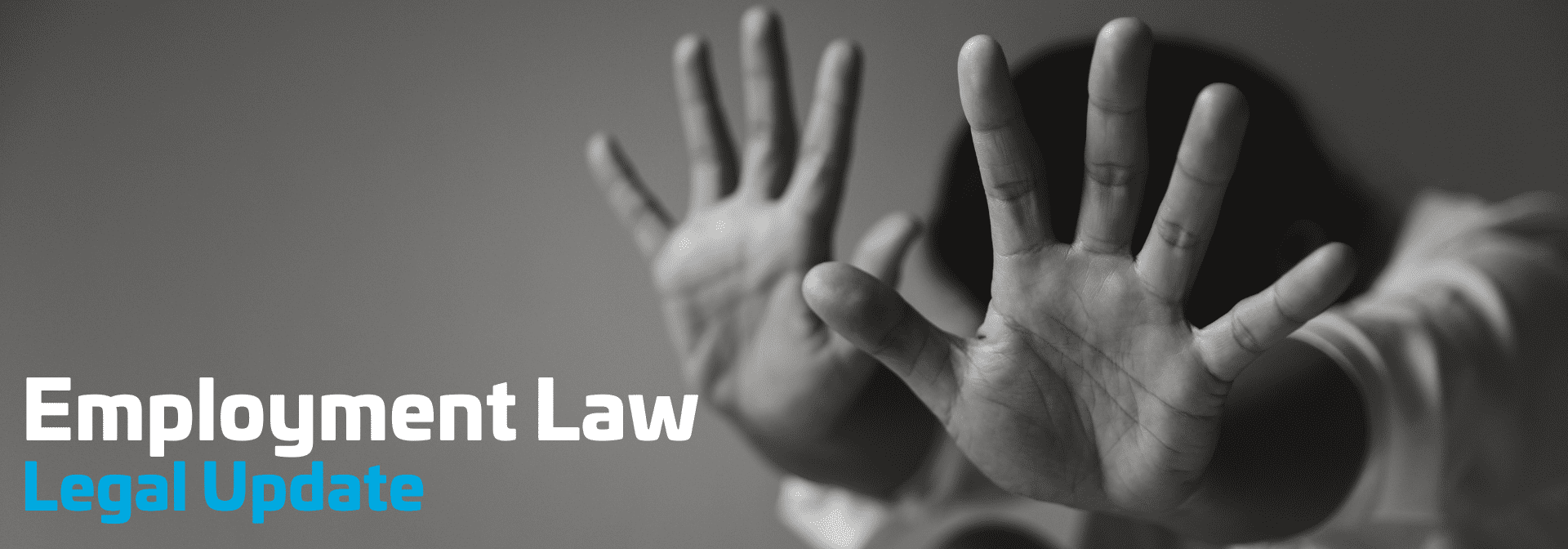The Role of Employers and HR in the Wake of Mohammed Al Fayed Claims
Recent claims against Mohammed Al Fayed, the former Harrods owner, have reignited concerns over workplace abuse, highlighting a troubling scenario where employees felt powerless to report misconduct. Several women have come forward with serious allegations of sexual harassment and abuse by Al Fayed, accusing him of creating a toxic culture at Harrods. According to reports, many staff members felt that the company’s HR department, which should have been their first line of defence, was unable or unwilling to act on complaints, due in part to Al Fayed’s powerful influence.
This situation underscores the need for companies to create clear, safe, and accessible channels for employees to report harassment. Moreover, the upcoming amendment to the Worker Protection Act, set to take effect on 26th October 2024, demands proactive action by employers to address workplace harassment and create a safer environment.
The allegations against Al Fayed serve as a stark reminder that if employees feel they have nowhere to turn to report misconduct, abuse can thrive unchecked. This highlights the fundamental responsibility of HR departments and leadership teams to foster an environment where employees feel safe coming forward with concerns.
With the amendment to the Worker Protection Act coming into force on 26th October 2024, employers must act decisively. The legislation will make businesses more accountable for preventing harassment in the workplace. It will require employers to take proactive measures to protect employees, moving beyond a reactive approach that only addresses issues after they occur.
Employers must recognise that fostering a safe work environment is not just a moral obligation but now a legal one. The failure to implement clear policies and procedures that protect workers could result in significant penalties, and more importantly, cause irreparable harm to employees and the organisation’s reputation.
Key Steps Employers Should Take
- Review and Update Policies: Employers must review their existing workplace harassment and misconduct policies to ensure they are robust and aligned with the new legal requirements. Policies should include a clear definition of unacceptable behaviour, procedures for reporting concerns, and disciplinary actions for violators.
- Provide Multiple Reporting Channels: One critical lesson from the Al Fayed case is that employees often need more than one way to report misconduct. Employers should offer various confidential reporting channels, including external whistle-blower services, to ensure employees feel safe bringing issues forward.
- Foster a Culture of Accountability: Building a culture that encourages accountability from all levels of the organisation is essential. This requires leadership to set the tone, ensuring that misconduct will not be tolerated and that all employees are held to the same standards, regardless of their position.
- Employee Training: Regular training on workplace harassment, employee rights, and the updated Worker Protection Act is vital. Employees must understand what constitutes harassment and feel empowered to report it, while managers need the skills to handle complaints effectively and sensitively.
- Regular Audits and Feedback: Periodic audits of workplace culture, combined with feedback from employees, can help identify areas where the organisation may be falling short. Proactively addressing these concerns will demonstrate a genuine commitment to employee well-being.
As the 26th October 2024 deadline approaches, employers must use this opportunity to reflect on their organisation’s culture and processes. By taking these proactive steps, businesses can create safer environments for their employees, ensuring that misconduct is addressed swiftly and fairly.
The allegations against Mohammed Al Fayed, while deeply troubling, serve as an urgent reminder of the consequences of ignoring workplace abuse. With the right policies, training, and cultural change, organisations can protect their staff, meet their legal obligations, and create a positive, safe working environment for all.











